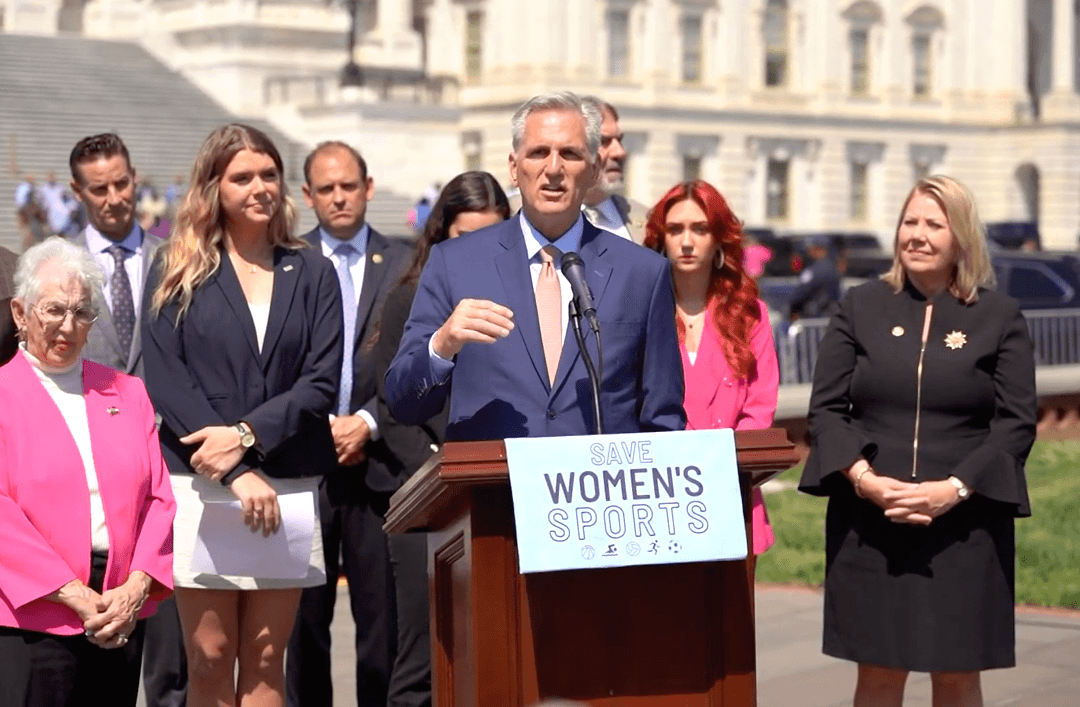House Speaker Kevin McCarthy (R-Calif.) defended the Republican proposal to lift the debt ceiling temporarily while instituting spending cuts even as lawmakers from both parties reacted to the plan during press interviews on April 20.
Despite vigorous disagreements about the Limit, Save, Grow Act of 2023, several members of Congress voiced the need for honest negotiations that would settle differences openly and produce results for the people.






